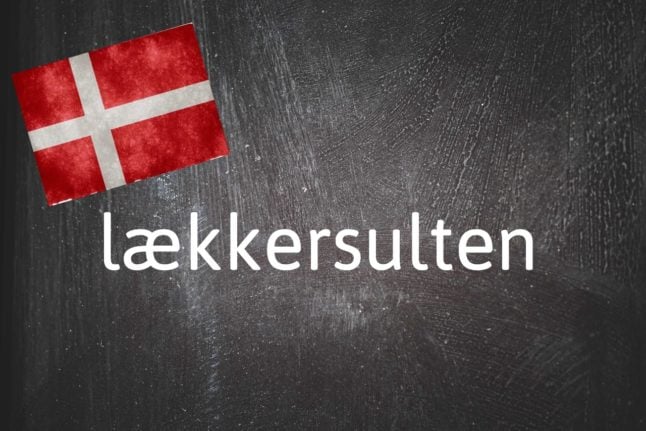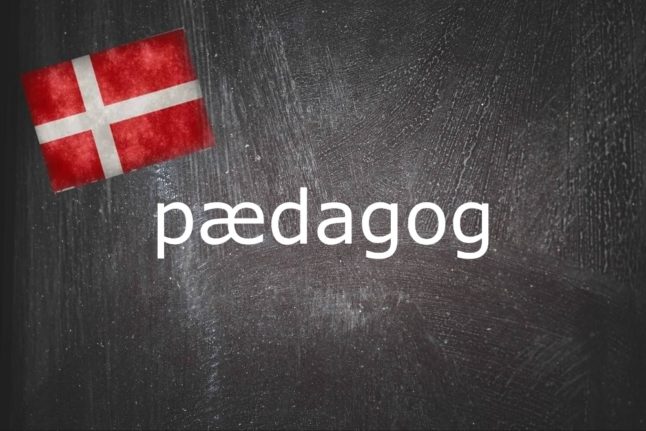What is lækkersulten?
Lækkersulten is a compound of two words, lækker (tasty) and sulten (hungry), so literally means to have hunger for something that tastes good.
It is not used when you’re about to eat a full meal – then you would simply be sulten. So to be lækkersulten is to crave a tasty snack.
You can use lækkersulten as an adjective to describe yourself or others. The closest English equivalent (at least in the UK) is probably “peckish”.
Why do I need to know lækkersulten?
Lækkersulten is therefore a compound word which describes a specific type of hunger. In other words, it’s a way of saying you want chocolate or ice cream without actually saying you want chocolate or ice cream.
The word can also be used to clarify what you want to eat or your level of hunger. For example, if someone says Vi kan godt lave aftensmad nu, hvis du er sulten (“We can make dinner now, if you’re hungry”), you could respond by saying jeg vil hellere vente lidt – jeg er bare lidt lækkersulten (“I’d rather wait a while – I’m only peckish at the moment.”)
You may also hear småsulten being used in similar contexts to lækkersulten. Småsulten replaces ‘tasty’ with ‘small’ in the compound-adjective. The difference between the two is nuanced, but småsulten is perhaps less likely to be used in reference to junk foods: Jeg er småsulten – vil du også have en rugbrødsmad? (“I’m snack-hungry – would you also like some rye bread with topping?”)
Examples
Jeg var så lækkersulten, jeg var simpelthen nødt til at købe chips.
I was so hungry for a snack, I simply had to buy a packet of chips/crisps.
Er du lækkersulten? Så går jeg ned i kiosken og køber lidt chokolade.
Are you peckish? I can go down to the convenience store and get some chocolate.



 Please whitelist us to continue reading.
Please whitelist us to continue reading.
Member comments